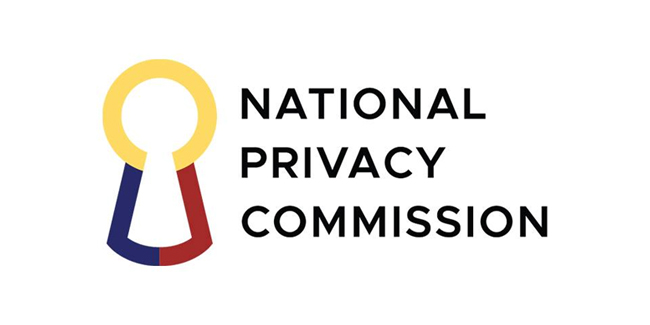Spam messages came from international syndicates, according to NPC.
NPC — An official from the National Privacy Commission said that the proliferation of spam messages came from international syndicates.

NPC Commissioner Raymund Liboro said during the Laging Handa briefing that the messages inviting phone users to apply for a certain job in well-known companies in order to earn a huge amount of money were a scam and came from an organized syndicate.
Liboro added that there’s no evidence that phone numbers were obtained via contact tracing forms.
“Napakalaking scam po ito,” Liboro said. “Sa aming pagmo-monitor hindi lamang nangyayari sa Pilipinas maging sa ibang bansa. Ito po ay ginagawa po ng isang organized syndicate.”
Liboro was also asked if phone numbers could have been obtained from contact tracing forms. According to him, they didn’t have direct evidence that shows it, adding that they saw it came from an organized, international, global syndicate and got the phone numbers from other ways.
He also explained that syndicates have a big database and phone numbers may be acquired from those who breached or hacked data before.
Liboro warned that those behind the scam could face imprisonment of 6 months to 2 years or a fine of PHP 500,000 to PHP 2 million and the punishment could be doubled if more sensitive information would be unveiled.
He also warned those who received spam messages to block the sender and report it to telecommunications companies.
READ ALSO: NBI Reminds Senior Citizens To Beware Of “Budol-Budol”, “Love Scams” Amidst Pandemic
Meanwhile, Globe Telecom said on Monday that it had spent USD 7.25 million for the enhancement of its anti-spam capabilities since the pandemic started.
In an e-mailed statement, Globe Chief Information Security Officer Anton Reynaldo M. Bonifacio said that they took unsolicited and fraudulent messages seriously, adding that protecting its customers from those scams remained a top business priority.
Smart Communications reported on Tuesday that the telco blocked up to 15,000 mobile phone numbers related to SMS spam and hoax, as well as 40 domains and Internet Protocol (IP) addresses that online scammers used.
PLDT and Smart President and CEO Al Panlilio urged its customers to be vigilant against SMS spamming accounts so that they can work with authorities in order to stop those cybercriminals.
“We are one with the National Telecommunications Commission (NTC), the National Privacy Commission (NPC), and the Department of Trade and Industry (DTI) in protecting our customers from this scam,” Panlilio said.
For more news and updates, you may feel free to visit this site more often. You may also visit Newspapers.ph via our official Facebook page and YouTube channel.
